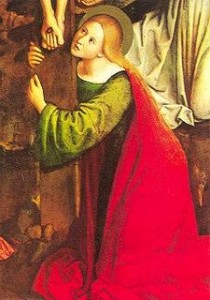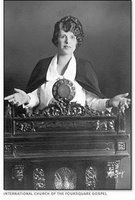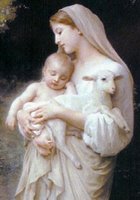“Modest are hottest” was a popular saying among the young men at my high school. They used the slogan to encourage the young women to live and dress in a way that showed that they respected themselves and those with whom they associated. My girlfriends and I totally bought in to what those guys were advocating because they were the guys who were worth being around.

This was especially true when we would help each other get ready for school dances and other group dates and social events. In accordance with the standards in the For the Strength of Youth Pamphlet, we didn’t wear strapless gowns, low cut necklines, belly shirts, short skirts or short shorts, etc. Instead, we covered our shoulders and cleavage, and avoided tight-fitting and sheer clothing. This freed us up to dance or do other activities and enjoy the company of our dates and friends. We cared about looking fashionable, but also emphasized being comfortable and sufficiently covered.
I loved being modestly dressed on dates in high school because I didn’t have to constantly readjust my outfit. I could simply go from mini-golf to dinner to the dance without worrying about exposing myself. It kept the dates fun and engaging without any embarrassing wardrobe malfunctions.
While it is sometimes difficult to find modest clothing, it is definitely possible. There are all sorts of ways to modify current fashion trends to keep them cute and modest. We have to be creative sometimes! There are some trends, however, that will require personal judgement on whether or not it is acceptable. In those cases, consult with your friends, parents and the Lord to know if following the style would measure up to His standards.
While these guidelines seem targeted mostly at women, men should also keep from wearing clothing that is too tight or too baggy. We have also been counseled by the Latter-day prophets to stay away from tattoos, extreme hairstyles and piercings (one modest pair of earrings for women is fine). Modesty in speech is also important. We are counseled to avoid swearing, gossiping and inappropriate jokes and anecdotes.

I dress and speak modestly out of respect for myself, the people I’m around and for God, who created my body in the first place.
See Prophetic Prophets for more on modern counsel
 Q. Was He [Jesus] married?
Q. Was He [Jesus] married? Well, the Church’s position is that women are very capable leaders. The women’s organization (Relief Society) is led by 4 women (president, 1st counselor, 2nd counselor, secretary) with the same organization in the Primary (children’s classes). Women also lead the teenage girls (Young Women Organization) in the same fashion. Women give sermons for the whole church, and they teach Sunday school lessons. However, the main body of the congregation (called a ward, or a branch) is led by men.
Well, the Church’s position is that women are very capable leaders. The women’s organization (Relief Society) is led by 4 women (president, 1st counselor, 2nd counselor, secretary) with the same organization in the Primary (children’s classes). Women also lead the teenage girls (Young Women Organization) in the same fashion. Women give sermons for the whole church, and they teach Sunday school lessons. However, the main body of the congregation (called a ward, or a branch) is led by men.